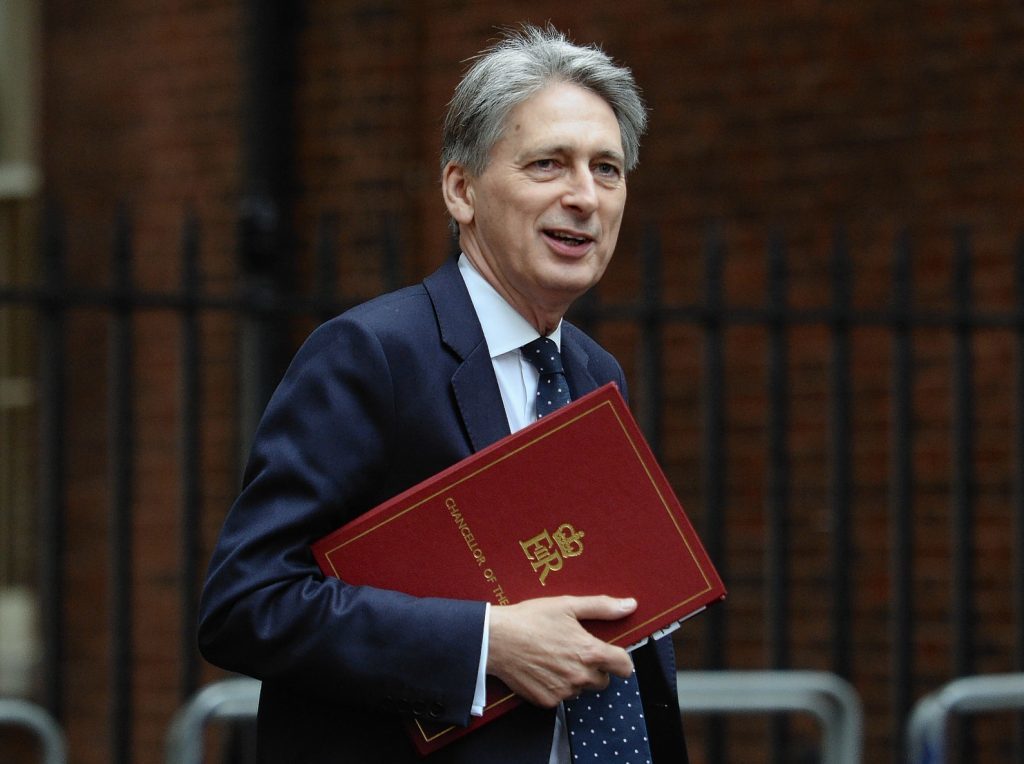
The UK Government must let oil companies transfer tax histories if it is serious about attracting investment to the North Sea, an industry chief said yesterday.
Ahead of this month’s Autumn Budget, industry has been calling for the current tax regime to be reformed to let firms inherit decommissioning reliefs when they buy assets.
It is thought that the move would bring in new investment by encouraging smaller oil companies to buy mature fields from majors and keep them producing for longer.
The Treasury announced in March that an expert panel would meet to consider the issue and report its findings in the Autumn Budget on November 22.
But Mr Hammond dampened expectations of a breakthrough in September when he warned of “complex” issues that may not be resolved by the time of the Budget.
Chrysaor chief executive Phil Kirk said yesterday that a change to the legislation was needed.
He was speaking after Chrysaor completed the acquisition of stakes in 10 North Sea assets from Shell.
The acquisition, first announced in January, came with a decommissioning bill expected to come to £2.9billion ($3.9billion).
But the two companies agreed that Shell would retain a fixed liability of £750million ($1billion), with Chrysaor taking on the remaining costs.
Despite demonstrating that mergers and acquisitions can be done under the current system, Mr Kirk believes the deal Chrysaor struck with Shell won’t be easy to replicate.
He said: “I’ve spoken to the Treasury about this issue. A change to the legislation is important.
“It’s important that they make their best efforts to adopt that change.
“We got around the issue in a way that won’t apply to every transaction.
“So if the government wants to attract new investment to the North Sea, which it does, they need to find a way of getting the right assets into the right hands.
“Part of that is making sure the tax histories do not get in the way, so I support the change.”

